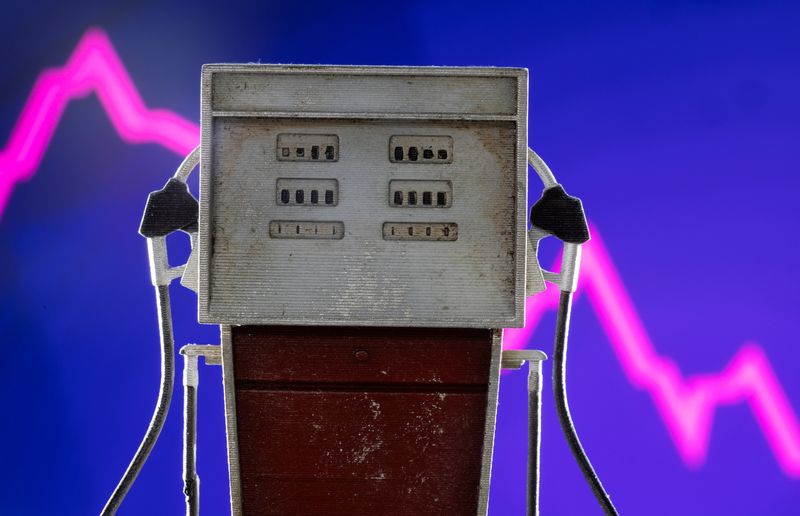
(Reuters) – Artificial intelligence could hurt oil prices over the next decade by boosting supply by potentially reducing costs via improved logistics and increasing the amount of profitably recoverable resources, Goldman Sachs said on Tuesday.
WHY IT’S IMPORTANT
The impact of AI on energy and metals has mostly focused on the demand side given the expected boost to power demand.
Negative impact on oil prices could decrease incomes of producers like the members of Organization of the Petroleum Exporting Countries and allies, known as OPEC+.
KEY QUOTES
“AI could potentially reduce costs via improved logistics and resource allocation … resulting in a $5/bbl fall in the marginal incentive price, assuming a 25% productivity gain observed for early AI adopters,” Goldman Sachs said in a note.
Goldman expects a modest potential AI boost to oil demand compared to demand impact to power and natural gas over the next 10 years.
“We believe that AI would likely be a modest net negative to oil prices in the medium-to-long term as the negative impact from the cost curve (c.-$5/bbl) – oil’s long-term anchor – would likely outweigh the demand boost (c.+$2/bbl),” Goldman said.
BY THE NUMBERS
According to Goldman Sachs’ estimates, about 30% of the costs of a new shale well could potentially be reduced by AI. Additionally, an AI-induced 10% to 20% increase in the low recovery factors of U.S. shale could boost oil reserves by 8% to 20% (10-30 billion barrels).
CONTEXT

Brent crude futures were down $3.51, or 4.5%, to $74.02 a barrel, the lowest level since December. West Texas Intermediate crude futures were down $2.97, or 4.1%, at $70.58 – their lowest price since January. [O/R]
U.S. technology companies are pursuing energy assets held by bitcoin miners to secure a shrinking supply of electricity for their rapidly expanding artificial intelligence and cloud computing data centers.
This post is originally published on INVESTING.



